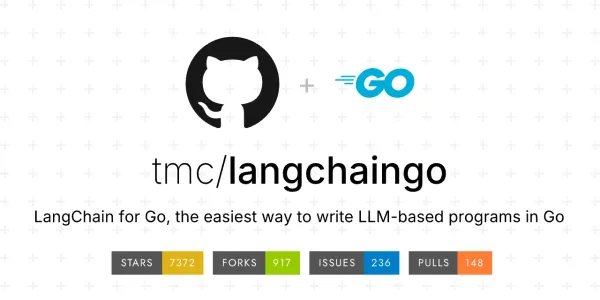8 Essential Chrome Extensions Every Developer Should Use Daily

As a developer, my workflow revolves around efficiency, productivity, and seamless integration of tools that enhance my coding environment. Google Chrome, one of the most popular browsers today, offers a robust ecosystem through its extensions, which can transform your browser into a powerful development toolkit. In this article, I will share the 8 Chrome Extensions I Use Daily as a Developer (And Why You Should, Too!)., which have significantly streamlined my work processes.
1. Visual Studio Code Extension
One of the first extensions I can’t go without is the Visual Studio Code for Chrome. This extension allows you to directly open GitHub repositories, files, and pull requests in Visual Studio Code from within your browser. It helps in swift navigation and debugging without manually downloading files. This saves precious time and maintains the continuity of work, making it a staple in my day-to-day development activities.
2. React Developer Tools
For developers building applications with React, the React Developer Tools extension is indispensable. It provides an in-depth inspection of React component hierarchies, making it easier to understand how components interact. You can inspect the props, state, and context of those components, and trace the reason a component re-renders. This is particularly useful when optimizing React applications for performance.
3. Redux DevTools
When working with Redux in a React application, understanding the flow of actions and the changes those actions bring to the state is vital. The Redux DevTools extension brings this clarity. By enabling time-travel debugging, you can inspect your application’s state at any action point. This extension allows developers to analyze past states and roll back in case of mistakes, thus ensuring accurate debugging.
4. Postman Interceptor
While Postman is a standalone application famous for API testing, the Postman Interceptor Chrome extension adds an extra layer of functionality. It captures HTTP requests and syncs cookies directly from your browser to Postman. This ensures that all requests can be mirrored exactly as they occur in a real browser, making API testing more comprehensive and reliable. It can save a ton of time in duplicating requests manually and ensures consistent testing across different environments.
5. Wappalyzer
Understanding the tech stack of websites can be crucial when drawing inspiration or competitively analyzing similar projects. Wappalyzer identifies technologies behind web applications, from frameworks and libraries to CMS and analytics tools. This extension is a lightweight way to uncover the architecture of a site, which can be particularly advantageous when seeking to replicate functionality or learning how sites are built.
6. Lighthouse
Lighthouse is an open-source, automated tool for improving the quality of web pages. With the Lighthouse Chrome extension, developers can audit performance, accessibility, progressive web apps, SEO, and more. It’s a nifty extension that provides an instant report on how your site performs, complete with opportunities to improve. Developers should use this regularly to ensure their site remains optimal across different vectors.
7. ColorZilla
As a developer, maintaining the aesthetic integrity of designs is as crucial as coding the functionalities. ColorZilla helps by allowing developers to pick colors from any web page seamlessly. This tool ensures consistency in the design palette across various web projects. Designers frequently use it, but developers should equally cherish this utility to adhere closely to design requirements.
8. Web Developer
Finally, the Web Developer extension is a comprehensive toolkit that enhances browser options specifically geared towards developers. It includes tools for resizing browsers, disabling styles, clearing cookies, validating code, etc. It provides an array of testing and inspection options to ensure web pages function as expected. This is a Swiss army knife kind of extension that every developer should have for on-the-fly adjustments and testing.
These 8 Chrome Extensions I Use Daily as a Developer (And Why You Should Too!) are not merely preferences; they are tools that offer invaluable enhancements to my daily workflow. Each serves a distinct purpose, whether it’s efficient coding, seamless debugging, insightful analysis, or maintaining design consistency.
The SEO and Productivity Boost
Moreover, these extensions don’t just enhance productivity; they also offer a great SEO boon. Using tools like Lighthouse ensures that your site is not only performance-optimized but also SEO-friendly. When a site loads faster and is optimized for search engines, it can rank higher, obtain better visibility and conversions.
Conclusion
For developers, time is one of the most critical resources. Investing in the right tools can drastically minimize delays and maximize output. By incorporating these extensions into your workflow, you can expect enhanced productivity and a more seamless development process. If you’re not using these extensions yet, now is the time to integrate them into your daily routine. They are tried and tested, having made significant contributions to my efficiency and problem-solving capabilities.
In a world where development demands agility and quality, the right set of tools can distinguish average results from exemplary outcomes. Explore, install, and experience the difference with these 8 Chrome Extensions I Use Daily as a Developer (And Why You Should Too!).



